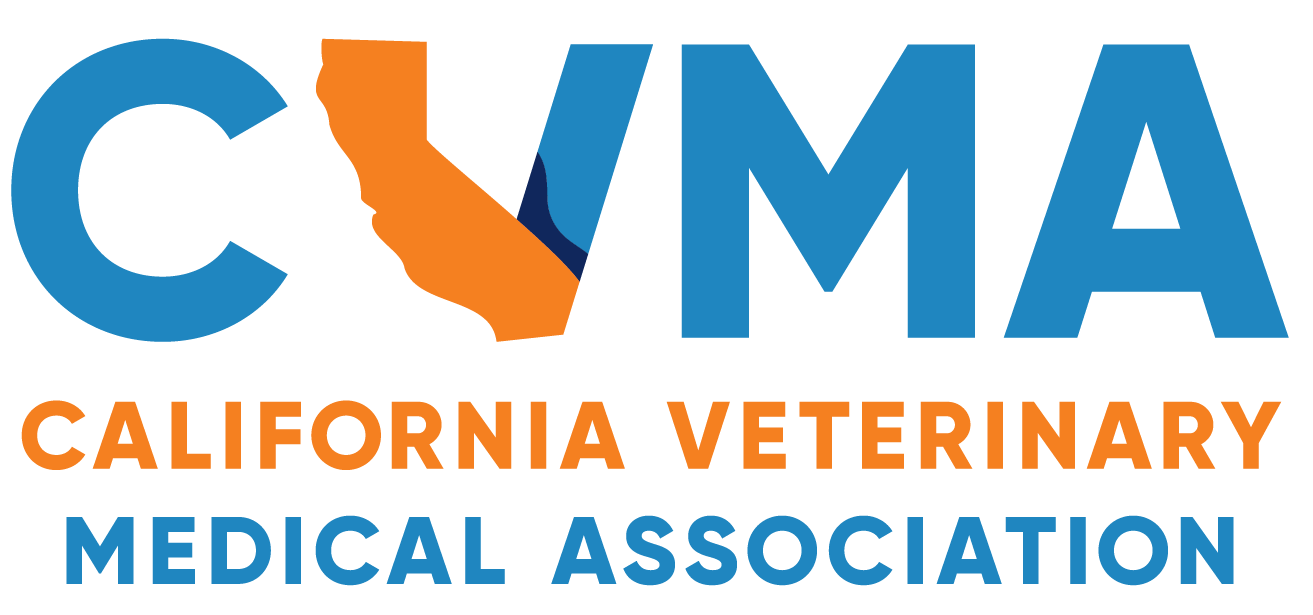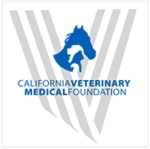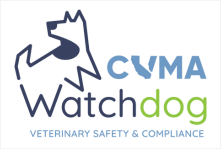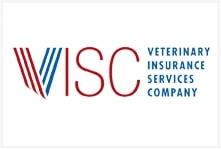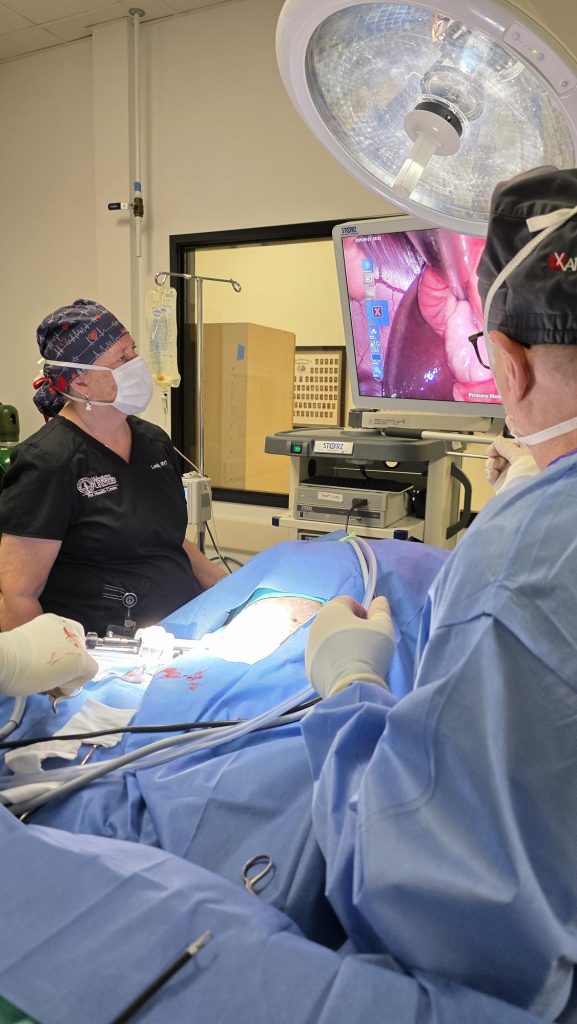
This article was originally printed in the July/August 2025 issue of the California Veterinarian magazine.
At the Western University of Health Sciences’ College of Veterinary Medicine (WesternU), registered veterinary technicians (RVTs) provide essential instruction and guidance to the veterinary students, working alongside them almost every day for their four years in the program.
Leslie Tortez has been an RVT for over 40 years and just celebrated her 10-year anniversary at WesternU. Prior to switching to academia, Leslie worked in general practice, where she would help train the WesternU veterinary students who rotated through her hospital.
Feeling increasingly burned out with private practice but passionate about working with students, Leslie patiently waited for an opportunity to get involved in academia. When there was an opening at WesternU, she applied right away.
“There’s so much that an RVT can do,” Leslie said. “They don’t have to just be in a clinical setting, in private practice.”
Prisma Martinez, RVT, similarly joined WesternU about 10 years ago, but her journey to academia was different than Leslie’s. During Prisma’s lab animal course at Mt. San Antonio College, where she received her RVT degree, a speaker visiting from UCLA talked to the students about working in academia.
Although Prisma was originally interested in lab animal work, she applied to WesternU immediately upon receiving her degree and fell in love with working with students.
All nine of the RVTs working at WesternU’s Pet Health Center are responsible for running specific courses for the veterinary pupils. “A lot of people don’t see RVTs as educators,” Prisma noted. “Whenever we have a new RVT join our team, I tell them, you’re training somebody every day.”
Leslie mainly works with third-year veterinary students during their two-week anesthesia/surgery class. Her students meet each day at Friends of Upland Animal Shelter, where they perform approximately 5–7 spay/neuter surgeries from start to finish.
In addition to gaining invaluable hands-on surgery experience, the students help mitigate the problem of overcrowding in the shelter. Leslie schedules the surgeries and teaches anesthesia, while a veterinarian oversees the surgery.
“They come in so nervous and excited, and I always tell them, you are going to be so competent by the time you leave my course,” Leslie said. “And they don’t think they will. It’s so nice to see them grow and blossom, even in the two weeks that I have them—let alone at the end of their fourth year.”
Prisma is the coordinator for the first- and second-year students’ clinical skills course. Her typical responsibilities include buying supplies, setting up labs, teaching technical skills, running dental labs, and more.
She is also instrumental in creating and filming all of the training videos that they distribute to their students, and recently, she has learned how to create 3D models of different body parts to utilize in the clinical skills class.
“The enthusiasm she has put into her course is just amazing,” Leslie said, pointing to a recent example, when the clinical skills instructor mentioned to Prisma that they would need some legs so that students can practice placing IV catheters.
When the instructor came in the next day, Prisma had not only purchased and laid all the legs out for instruction—she had also wrapped them in fake fur and skin, put fake veins in, and colored the water red so that the students would feel like they were actually drawing blood.
Both Leslie and Prisma are driven by their passion for making a difference in the students’ lives and future careers. “I’ve helped in different areas of the college here, and I’ve worked with students of all years,” Prisma said. “I remember vividly when they were very nervous doing something in their first or second year, and later, they are confident. It’s really nice to see.”
Leslie agreed wholeheartedly. “It’s just knowing that you’ve sent students out into the world and now they’re doctors, using the skills that you’ve trained them to use,” Leslie said. “To know that we are a big part of what they’ve learned, it really makes us proud. I always say, I’m a proud mama when they leave,” she added with a laugh.
Leslie will be retiring next year, leaving behind a legacy of mentoring not only hundreds of students, but the other RVTs at WesternU as well, whose careers she helped support and nurture. The CVMA congratulates Leslie on a well earned retirement!
